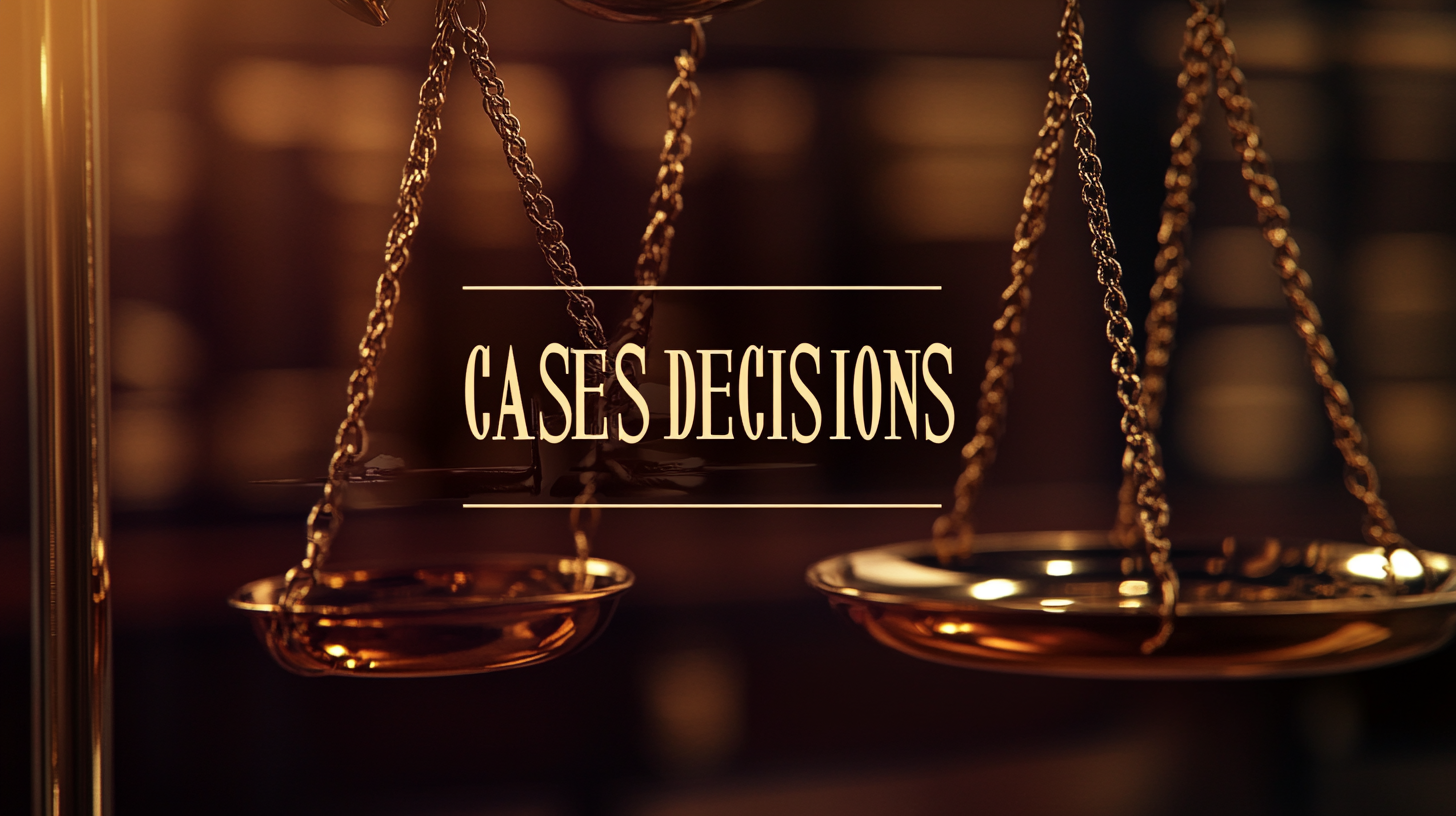Pending Cases And Decisions
The Court’s major human rights decisions have included a landmark 2008 ruling on slavery, in which the Court held the State of Niger responsible for failing to protect one of its citizens from enslavement by passively tolerating the practice (see Hadijatou Mani Koroua v. Niger), and a 2011 ruling ordering government of Nigeria to provide adequate financial support for public education in order to fulfill its obligation under the African Charter on Human and Peoples’ Rights to provide free and compulsory basic education to every Nigerian child (see SERAP v. Federal Republic of Nigeria and Universal Basic Education Commission).

CCJ jurisdiction is set out in Article 9 of the 1991 Protocol which states that the court “shall ensure the observance of law and the principles of equity in the interpretation and application of the provisions of the Treaty.” The Court has ruled that this includes jurisdiction over human rights cases. This principle was codified by a 2005 ECOWAS Supplemental Protocol, which states that the CCJ has jurisdiction to hear human rights cases and expands the admissibility rules to include disputes between individuals and their own member states. As a result of these amendments, the CCJ is thus four courts in one: an administrative tribunal for ECOWAS, a human rights court, a court of arbitration, and an Inter-State dispute resolution tribunal

